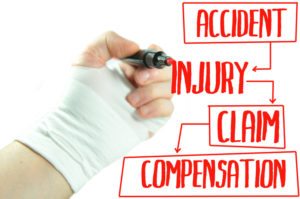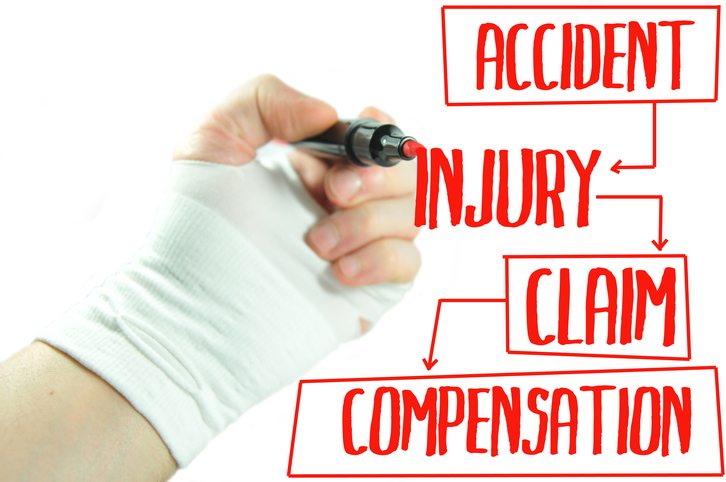
Common Steps in a Personal Injury Case
Personal Injuries due to negligence are a common feature of modern society. Complex environments, machines and situations often conspire with abundant distractions to produce dangerous outcomes. Serious injury or wrongful death ensues. These circumstances are in every case difficult and tragic affairs. Not only do individuals fight to recover physically, they must endure serious financial costs associated with medical bills, lost wages and more. The decision to hire a personal injury attorney or law firm can seem to make the process of recovery even more complex.
At the end of the day, a quality personal injury lawyer will make your recovery far less stressful, while maximizing your avenues of recovery and increasing your compensation. Here is how it is typically achieved:
1. First, at the scene of the injury causing event, information exchange occurs. Parties swap insurance information, witnesses provide statements, police reports are issued and medical care is initiated.
2. After the accident, the injured party will contact their own insurance company, or perhaps directly contact the other party’s insurer, property owner or other responsible party. The other party contacts their insurer to determine scope of coverage and policy limits.
3. The negligent party, their insurer or an insurance adjuster will contact you to determine the extent of your losses. If they believe your losses are credible, they will offer to settle your debts arising from the accident.
4. With an offer to pay typically comes a release of liability for further compensation, which protects the insurer but not you. Furthermore, they may not cooperate at all and decline responsibility or refuse to cover certain costs to you. In most cases, it makes sense to contact a personal injury attorney to discuss the insurer’s offer before signing away all of your future rights. Insurers rarely offer pain and suffering, long term care and loss of life enjoyment to individuals wronged by their policy holders. Bringing an attorney to the fight often results in a re-calibration of their settlement offer to more accurately reflect what you are legally owed.
5. Your accident attorney will discuss with you possible options for your claim and provide advice about the true value of your case.
6. If the accident lawyer chooses to represent you, they will then begin n investigation into the circumstances of the accident to better argue insurer liability for your injuries. They will collect proof of your losses, including loss of pay, medical bills, medical reports, physician statements, photos and more. This will allow the car accident lawyer to increase the value of your claim when negotiating with the negligent party.
7. Based on their investigation of the accident and your injuries, your attorney will prepare a demand letter highlighting proof of legal negligence, injuries incurred and estimated costs of continued care. The demand letter will conclude with an offer to settle with the negligent party that accurately reflects your legal rights.
8. Typically legal negotiations ensue, addressing the facts and merits of the claim. At this stage, the insurer must begin weighing the clear facts and legal significance of your attorney’s arguments, against the likely of defeating your claim at trial. In most cases, the insurer sees the writing on the wall and provides a settlement offer that the injured party can accept.
9. If negotiations do not result in an accepted settlement between the parties, your accident lawyer may choose to file suit against the negligent party for all damages owed you. Trials involve further costs and delays for both sides. Filing, discovery, motion practice, mediation and jury trial can be anticipated in these circumstances. The outcome of the jury trial is never guaranteed, no matter how strong your case. It is possible to receive more, less or none of your previous settlement offer after the jury deliberates. Even when the case ends, appeals by either side may delay payment for your injuries while the jury award may be reduced or withdrawn altogether. Typically this high cost of time and money to secure an unreliable verdict makes settlements a great way to resolve cases. Some statistics suggest as many as 95% percent of cases settle before trial as a result of this uncertainty for both sides.
10. Use your settlement funds to pay your personal injury attorney, cover your medical expenses and use the rest for whatever you wish.
